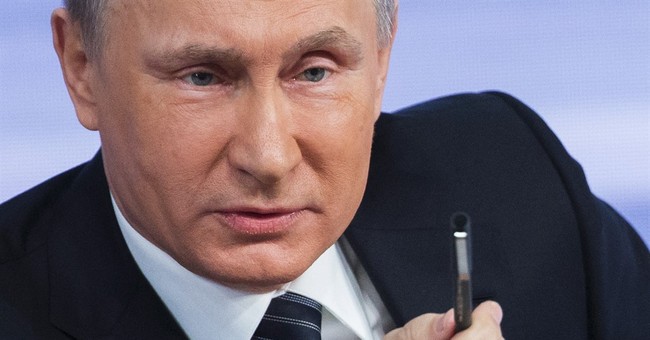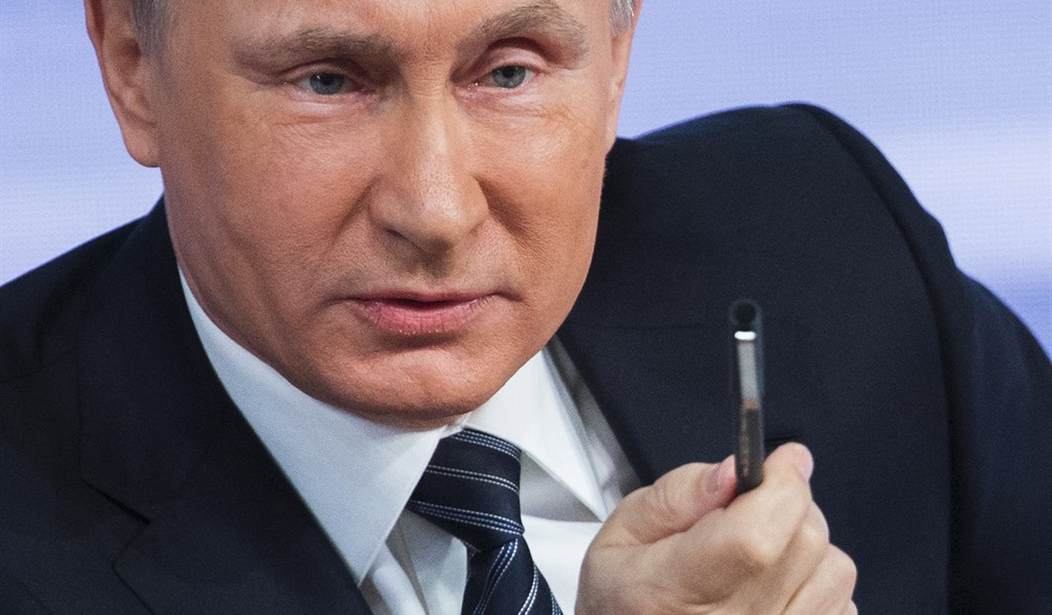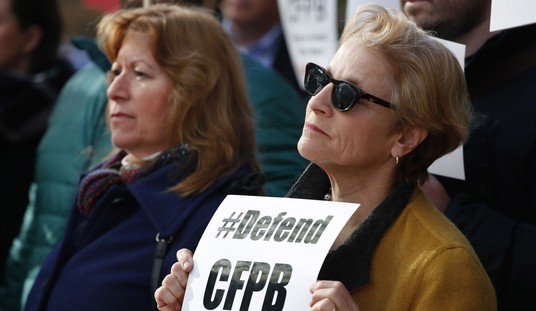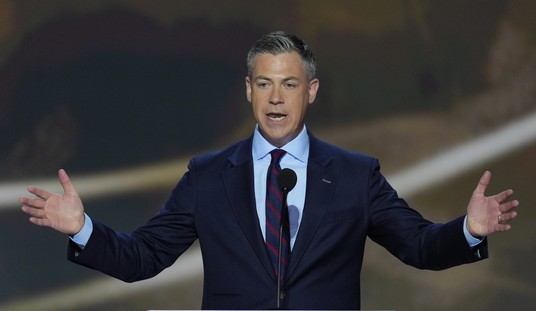
In 1992, shortly after the USSR dissolved, President George H. W. Bush entered into an arms control treaty with Russia called the Treaty on Open Skies. The idea was that signatories to the treaty would be allowed to make manned reconnaissance flights over the territory of other members states. The treaty assigns each member nation a ‘quota’ that it is obliged to accept and requires the country wishing to make the overflight to give 72 hours notice. The treaty did not go into force until 2002 to allow treaty details to be worked out. The 34 members of the Open Skies Treaty are Belarus, Belgium, Bosnia and Herzegovina, Bulgaria, Canada, Croatia, Czechia, Denmark (including Greenland), Estonia, Finland, France, Georgia, Germany, Greece, Hungary, Iceland, Italy, Kazakhstan, Latvia, Lithuania, Luxembourg, the Netherlands, Norway, Poland, Portugal, Romania, Russia, Slovakia, Slovenia, Spain, Sweden, Turkey, Ukraine, and the United Kingdom.
If you take a close look, one of these countries is not like the others.
As best as I can tell, the Open Skies treaty was ratified as a sop to the loser in the Cold War as we received little to no benefit from the treaty that we could not achieve by satellite reconnaissance, but it did make the Russians feel like they were still a world power. This, in my view, was a huge shortcoming in the statecraft of the Bush41 administration. They bent over backwards to make the Russians feel like they were still a superpower instead of a poorer version of India, Pakistan, or North Korea, that is, a regional power with nukes.We kept treaties we’d made with the USSR in force when they should have all been declared null and void and renegotiated. We supported their bid to retain a permanent seat on the UN Security Council when they not longer merited it. This is, I’d submit, one of the dangers of world leaders developing a personal friendship, they can no longer go full Michael Corleone and say, “it’s not personal, it’s strictly business.”
Of late, the Russians have used their ability to conduct overflights of US territory as a way of making propaganda hay. In August 2017, Russia conducted a highly publicized overflight of Washington, DC, as the Trump administration was still reeling from the appointment of Robert Mueller to investigate the Russia Hoax and Trump’s alleged subservience to Putin was 24/7 fare on CNN and MSNBC.
For a while it has been rumored that President Trump was not a fan of the treaty because Russia [insert shocked face emoji here] abused the rules and purpose of the treaty.
For several years, Russia has played fast and loose with the treaty. Citing dubious safety grounds, it is keeping Open Skies flights out of Kaliningrad, the missile-packed outpost of Russian soil between Poland and Lithuania. It is also denying access near Georgia’s territories of Abkhazia and South Ossetia (which only Russia regards as independent countries).
A little earlier today, the Trump Administration made it official that the US is pulling out of the treaty.
President Trump has decided to withdraw from another major arms control accord, according to senior administration officials, and will inform Russia on Friday that the United States is pulling out of the Open Skies Treaty, negotiated three decades ago to allow nations to fly over each other’s territory with elaborate sensor equipment to assure that they are not preparing for military action.
…
American officials have long complained that Moscow was violating the Open Skies accord by not permitting flights over a city where it was believed Russia was deploying nuclear weapons that could reach Europe, as well as forbidding flights over major Russian military exercises. (Satellites, the main source for gathering intelligence, are not affected by the treaty.)
“You reach a point at which you need to say enough is enough,” said Marshall Billingslea, Mr. Trump’s new special representative for arms control. “The United States cannot keep participating in this treaty if Russia is going to violate it with impunity.”
American officials also note that Mr. Trump was angered by a Russian flight directly over his Bedminster, N.J., golf estate in 2017. And in classified reports, the Pentagon and American intelligence agencies have contended the Russians are also using flights over the United States to map out critical American infrastructure that could be hit by cyberattacks.
This follows a very positive trend on treaties, in general, and arms control treaties, in particular, by the Trump Administration. Trump does not look at treaties as a form of virtue signaling. They either promote US interests and our counterparties adhere to the terms or we leave. The Russians had been in flagrant, open, in-your-face, f***-you-and-the-horse-you-rode-in-on violation of the Intermediate-Range Nuclear Forces Treaty for a couple of decades and no one called them on it lest we offend them. Not so with President Trump, last summer we jettisoned a treaty that allowed Russia to work with China to hamstring our ability to develop needed deterrence because all of our nukes had to comply with the treaty and the Chinese were not a party to that agreement.
Next on the chopping block is the so called “New START” treaty that must be ratified no later than next February or the existing START treaty will end. This, like the INF and Open Skies, is a vestigial presence of the the Cold War and the decision by the Bush Administration to treat Russia as a superpower. START serves zero purpose beyond treating the Russians as important and constraining US options. Our real potential adversary is China. Russia can’t spend enough to keep up with us. And yet we lock ourselves into nuclear weapons limits based on Russia’s capabilities while China is free to do whatever it wishes.













Join the conversation as a VIP Member